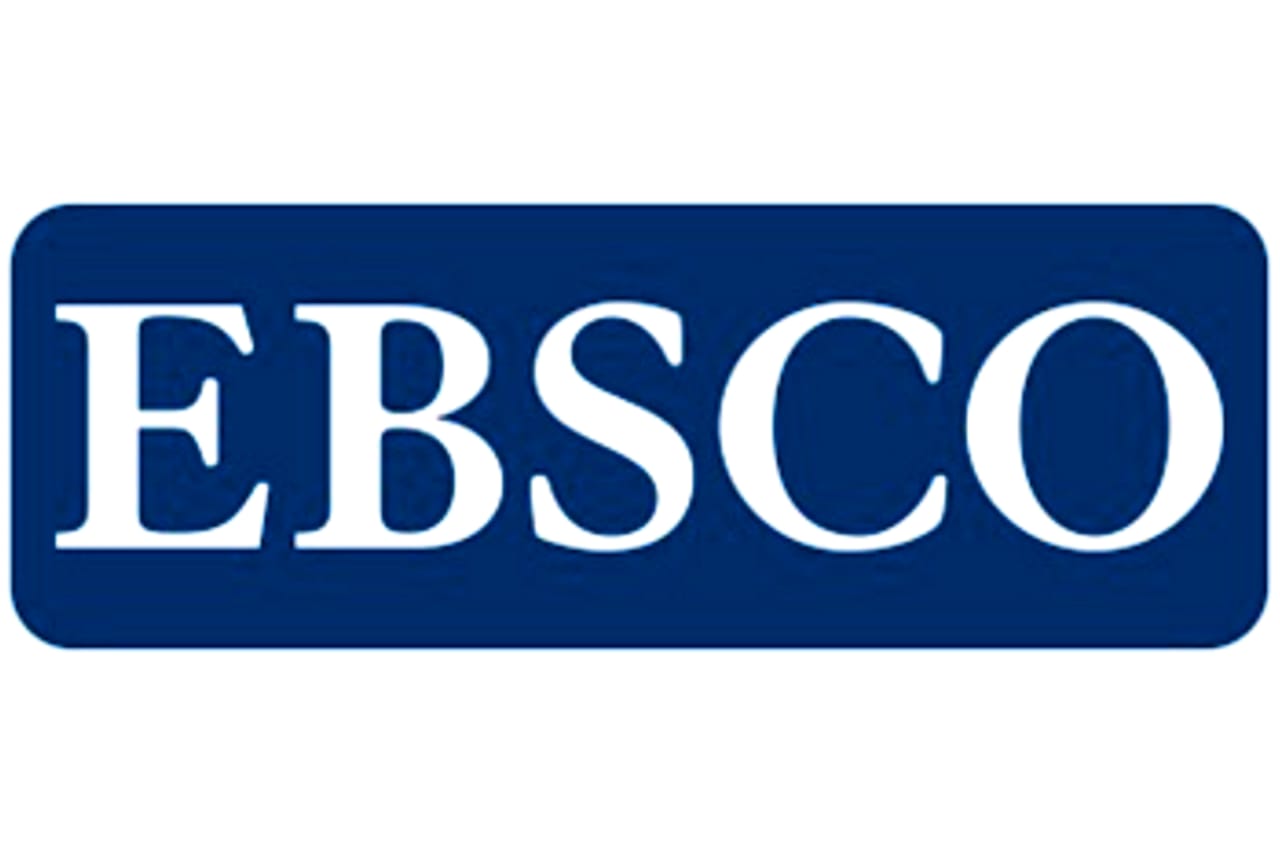ENTREPRENEURSHIP AND THE NIGERIAN ECONOMY
DOI:
https://doi.org/10.26577/FJSS2024v9i2a9Abstract
Entrepreneurship is widely recognized as a key driver of economic growth, wealth creation, and improved living standards in modern economies. However, in Nigeria, its potential to drive development has not been fully realized. This study investigates the impact of entrepreneurship on economic development in Nigeria using annual time series data from 1992 to 2022 and employing ARDL techniques. Self-employment rates were used as a proxy for entrepreneurship, while the contribution of SMEs, private sector credit, and inflation rate were also considered in the model, with the human development index representing economic development. The findings suggest that while the short-term impact of self-employment rates on economic development is positive yet insignificant, its long-term impact is significant. Similarly, the contributions of SMEs and private sector credit are positive but insignificant in the long run, while the inflation rate shows an inverse relationship. These results underscore the need for governments and monetary authorities to formulate and implement effective economic policies that promote entrepreneurship, taking into account macroeconomic variables. Financial institutions, particularly deposit money banks, should also support entrepreneurship by providing start-up funds at reduced or concessionary rates.
Keywords: Entrepreneurship, SMEs, economic development, Self-Employment Rate, economic growth.
Information about authors:
V.A. Omotayo (corresponding author) – PhD, Osun State University, Osogbo, (Osun State, Nigeria, e-mail: vincent.omotayo@uniosun.edu.ng)
J.A. Adewole – PhD, Osun State University, Osogbo, (Osun State, Nigeria, e-mail: joseph.adewole@uniosun.edu.ng)
K.I. Kadiri – PhD, National Open University, (Abuja, Nigeria, e-mail: kkadiri@noun.edu.ng)
E.V. Attah – PhD, Veritas University, (Abuja, Nigeria, e-mail: attahe@veritas.edu.ng)










